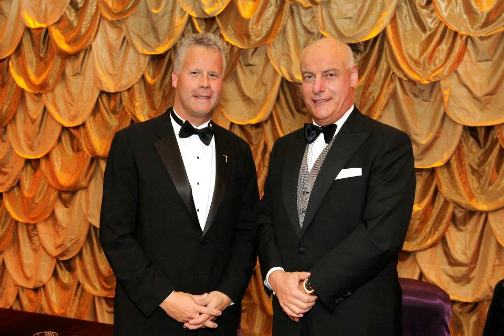March 22, 2012
QUEEN’S PARK – Nipissing MPP Vic Fedeli is extremely disappointed at defeat of Bill 44, the Far North Repeal Act, in the Ontario Legislature today.
The Private Members’ Bill put forward by PC Northern Development and Mines Critic Norm Miller (Parry Sound-Muskoka) would have removed the severe restrictions previously placed on development and exploration by the McGuinty government. However, Liberal and NDP members joined to defeat the Bill by a vote of 50-36 on Second Reading.
“I’m most upset that the NDP members across the North, many of whom have previously spoken out against the Far North Act in the past, decided to toe the party line instead of standing up for their constituents and voted against this,” Fedeli said.
“You really have to wonder how much influence these Northern members actually have in driving their party’s agenda.”
























